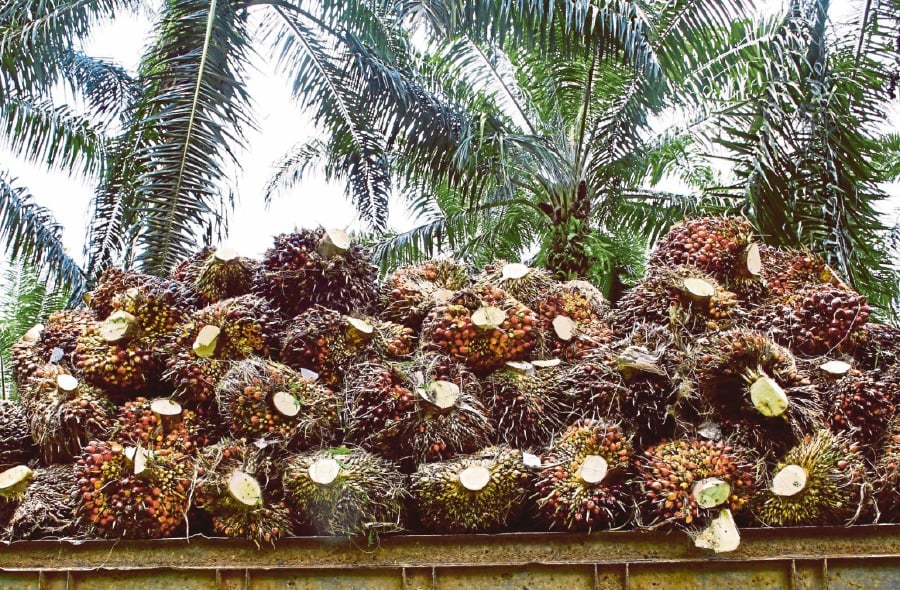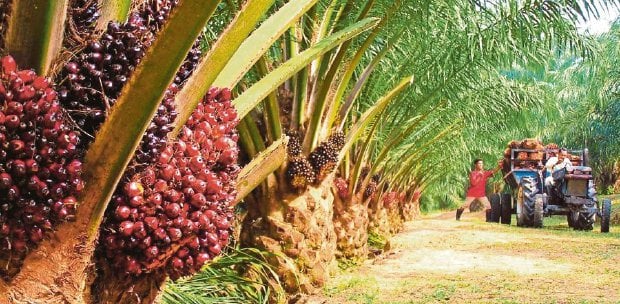LETTERS: I recently met Tan Sri Dr Augustine Ong, who fought to clear palm oil's name in the late 1980s.
Palm oil was massacred then by those who were uncomfortable with the emergence of the new wonder oil.
In a matter of years, palm oil had displaced soybean oil as the leading oil in world trade.
Ong,89, has not lost his passion and spoke about how his team used the trans fat issue to reverse the negative narrative on palm oil.
The merit of palm oil in producing low trans margarine is now recognised.
In the case of palm oil, the initial misunderstanding concerned the health effects of consuming palm oil in the diet.
Thanks to the many studies on palm oil nutrition, coordinated mostly by Ong, the earlier misjudgments were dispelled.
He managed to persuade nutritionists around the world to research palm oil nutrition.
Studies confirmed that palm oil is as good as olive oil, which is often looked upon as the gold standard for oil nutrition.
These studies have been reported in several peer-reviewed journals.
But critics of palm oil never tire of looking for reasons to discredit this oil.
Deforestation was used to tell the world that the expansion of oil palm cultivation was deleterious to the environment.
Critics claimed deforestation by oil palm had impacted the carbon sequestration capacity of the world.
Never mind the fact that oil palm itself is as good if not a better sequester of carbon than forests.
Ong told me about the many studies that confirmed the positive effects of oil palm.
He wants this information to be disseminated to the world.
Palm oil critics won't admit the positive impact of the oil palm on the environment.
They then chose the narrative of palm oil disrupting the habitat of the orang utan.
This proved to be effective in gaining the sympathy of consumers, especially those in the west.
Issues related to biodiversity and habitat losses are sensitive in the west because they realise that they themselves had cleared their forests for development.
For us in the developing world, we are more judicious in managing our forest cover.
This explains why Malaysia has maintained forest cover at more than 50 per cent. In fact, the forest cover is more if we include oil palm and rubber plantations.
The unfortunate part of the orang utan debate is that there is much disinformation out there.
The true science about the life of the orang utan has not been communicated.
A recent suggestion by Plantation and Commodities Minister Datuk Seri Johari Abdul Ghani to invest in a kind of orang utan policy has also been misreported and misjudged. That goes to show how much hate some people have about palm oil.
My reading of the science diplomacy idea is aimed at clearing up misinformation on the issue.
It's been suggested that we replicate China's panda diplomacy model.
The toxic comments by some on the idea are premature. They fail to appreciate the crux of the idea, which is about communication.
Done properly, this diplomatic approach can clear up misinformation about the orang utan-palm oil synergy.
DATUK DR AHMAD IBRAHIM
Tan Sri Omar Centre for STI Policy,
UCSI University
The views expressed in this article are the author's own and do not necessarily reflect those of the New Straits Times





